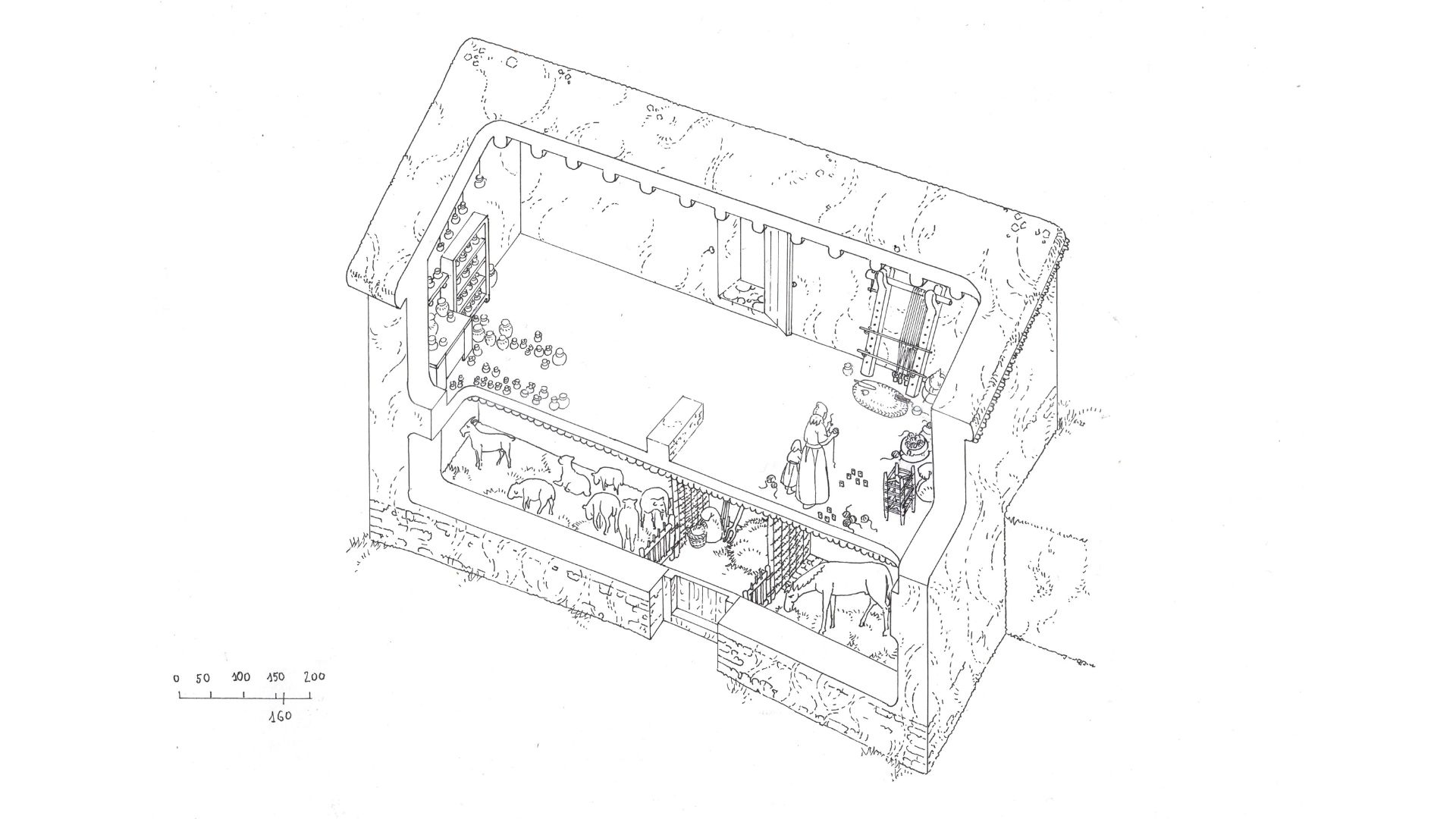Cosmetics, Vol. 11, Pages 1: Meta-Analysis and Analytical Methods in Cosmetics Formulation: A Review
Cosmetics doi: 10.3390/cosmetics11010001
Authors: Felipe Rico Angela Mazabel Greciel Egurrola Juanita Pulido Nelson Barrios Ronald Marquez Johnbrynner García
The ever-evolving cosmetic industry requires advanced analytical techniques to explore, understand, and optimize product performance at nano, micro, and macroscopic levels. Nowadays, these insights are crucial for translating microstructure behavior into macroscopic properties. This knowledge is essential to formulate products with a lower carbon footprint and a higher sustainability profile, incorporating, at the same time, natural or biobased raw materials. These raw materials may present challenges for formulators and analytical scientists due to either an inferior performance when compared to their fossil-derived counterparts or higher costs. This comprehensive review covers a spectrum of analytical methodologies employed in cosmetic formulation, including chromatographic analyses, olfactometry, and electronic nose technology. The characterization of product stability involving assessing parameters such as droplet size, zeta potential, viscosity, analytical centrifugation, surface tension, and interfacial tension are also explored. The discussion in this paper extends to the role of rheology in understanding the molecular structure and behavioral dynamics of cosmetic samples. This review concludes with an overview of colorimetric analysis, a crucial aspect related to consumer perception, followed by a discussion on the challenges and opportunities associated with using meta-analysis methodologies in cosmetics. The formulation of cosmetics employing biobased feedstocks is included, highlighting the evolving landscape of cosmetic science and the integration of sustainable practices. This review stands at the interface between a meta-analysis of cosmetics and product performance, which is attained through a detailed examination of each analytical method. The know-how shared serves as a valuable resource for formulators, researchers, and industry professionals for real-world applications in the analytical field of cosmetics formulation.

 4 months ago
13
4 months ago
13

